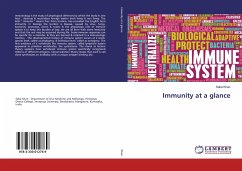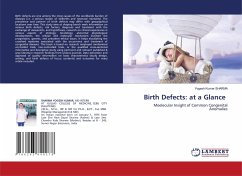Immunology is the study of physilogical defences by which the body ie, the host , destroys & neutralizes foreign matter both living & non living. The latin " immunis " means free from burden, has provided the English term immunity. In biology the burden is disease, caused by virus, fungi, bacterias, protozoa, worm & toxins & the physiologic role of immune system is to keep this burden at bay. we are all born with some immunity and that the rest may be acquired during life. Some immune responses can be specific for a microbe, & they are learned & retained in a immunologic memory . The developmental history of immune system occurs at 2 levels- species level, called as phylogeny. & individual level, called as ontogeny. The first evidence of a vertebrate like immune system, called lymphoid system appeared in primitive vertebrates, the cyclostoma. The clonal se lection theory explains how vertebrate immune system specifically recognized millions of different antigens. Clonal selectiontheory states that each b cell clone synthesizes an antiboby with a unique antigen binding site.








